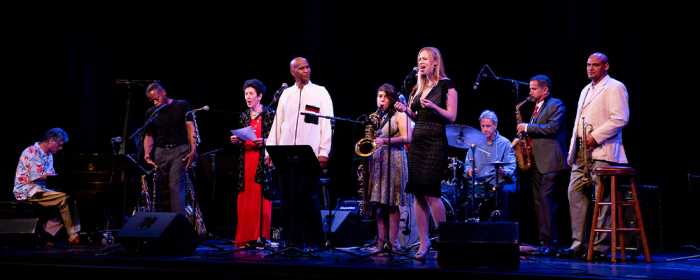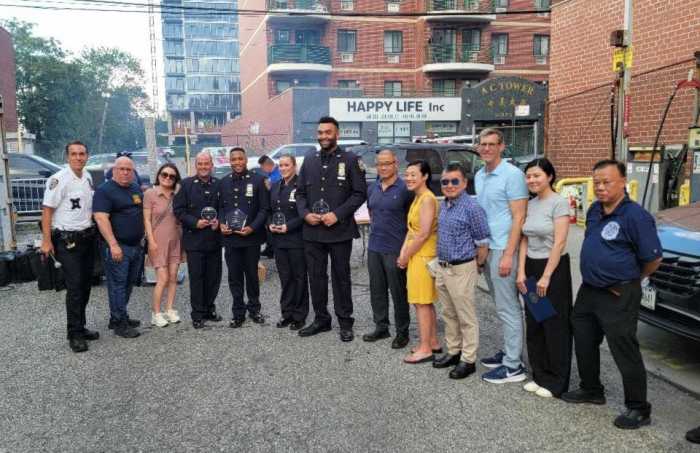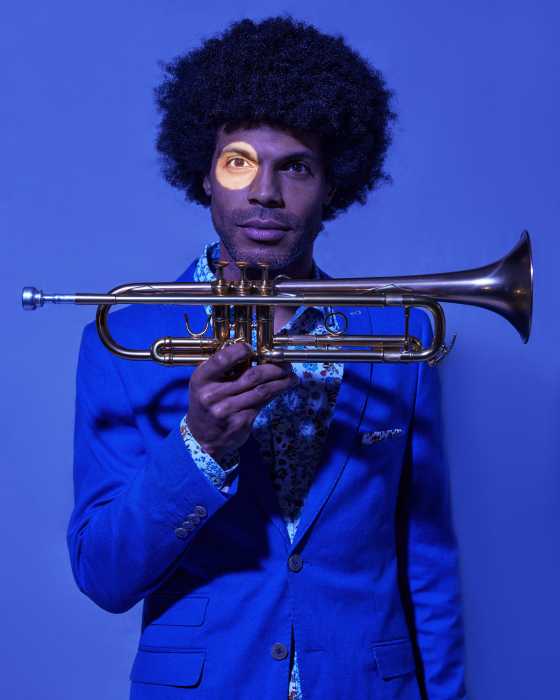Queens business and civic leaders recently gathered at a hotel in Flushing to hear what they could do to help law enforcement prevent another terrorist attack.
Representatives from the Police Department, Fire Department and local hospitals also briefed the community on what they are doing to prepare for the aftermath of such events in the future.
The speakers assured the assembled audience of about 40 people at the Sheraton LaGuardia East Hotel that they have improved coordination between their agencies and have heightened awareness of potential security risks. But police also emphasized that the communitys role as the eyes and ears of law enforcement would be the key to preventing future catastrophe.
"We will not be successful without public awareness of what you can do and what is suspicious [behavior]," said Deputy Inspector Owen Monaghan, commanding officer of the 109th Precinct.
"We need to look at suspicious behavior, not necessarily at individuals," he added.
Echoing that sentiment was Lieutenant John Rowland of the NYPD Counter-Terrorism Bureau, who has trained over 13,000 people this year in what he called "civilian observation skills."
"There is no face to terror, no age, race or gender," said Rowland, who referred to John Walker Lindh, Timothy McVeigh, Unabomber Ted Kaczynski, and diverse terrorists from Colombia, Japan and Ireland to illustrate his point.
The seminar was hosted by the Flushing Chamber of Commerce and Business Association, and many of the tips Rowland gave were directed at businesspeople.
For example, landlords were encouraged to take note of tenants who do not own furniture or install phone service, since several suspected 9/11 hijackers did neither in the apartment they rented in New Jersey.
Building blueprints should not be available on the Internet or to just any person, said Rowland.
Owners of large buildings were advised to install security cameras in sensitive locations and secure vents and air-conditioning systems to prevent someone from being able to drop a poisonous substance into them.
Employers should thoroughly check the authenticity of documents submitted to them by prospective employees, including the addresses listed on identification cards, which terrorists may falsify.
"We no longer have the luxury of assuming that things are what they seem to be," said Rowland.
After a brief course in identifying explosive materials, the discussion turned to biological weapons. If they are used, hospitals will be the first to track their effects.
Among the first speakers at the seminar was Paul McGuire, an administrator with Flushing Hospital Medical Centers Department of Emergency Medicine.
McGuire said that his hospital has forged relationships with other hospitals, the citys Health Department, the police and the Centers for Disease Control and Prevention in order to conduct surveillance of disease outbreaks.
"That type of information-sharing did not exist in a formal structure before September 11," he said.
FDNY Battalion Chief Robert Ingram, who is in charge of hazardous materials operations, told the audience that as many as 1,200 additional firefighters will be trained in special protective clothing to respond to the release of deadly chemicals.
Mary Hogan, president of the Kissena Park Civic Association, said she felt reassured after the seminar.
"Its nice to know that they have this much [planning] in place," said Hogan. "That was the problem on September 11the coordination."
To report suspicious activity, call 1-888-NYC-SAFE



































